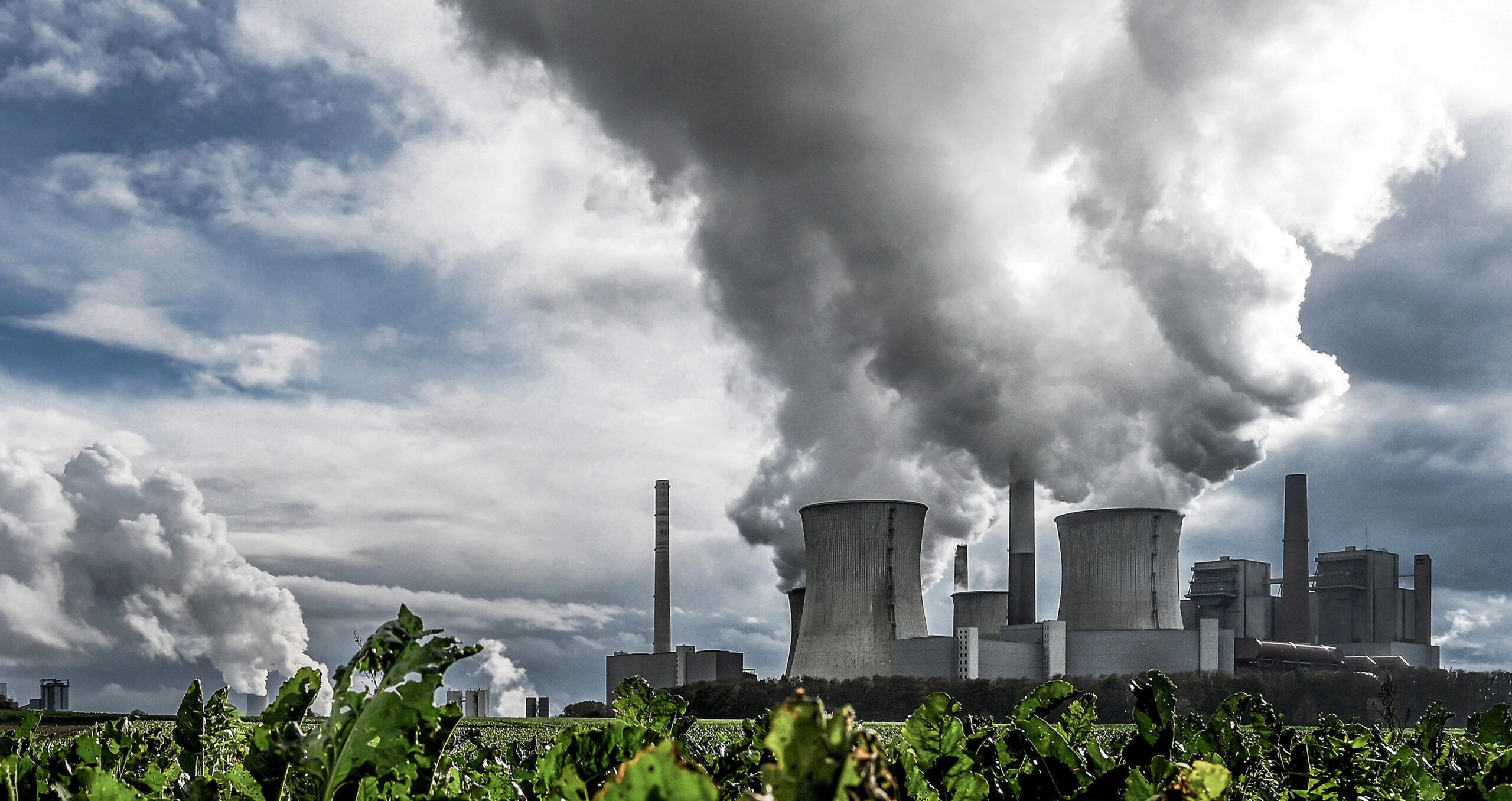

Investors say that reclassifying funds from Article 9 to Article 8 allows them more choice to invest where they see fit
The reclassification of funds has picked up again in recent months, after the EU’s Sustainable Finance Disclosure Regulation came into force in March 2021, according to a recent Morningstar review of the SFDR’s Article 9 and Article 8 funds. Nearly 280 funds were identified by the report as having been reclassified, the majority of which moved from Article 8 to Article 6 status.
According to the report’s authors, 10 former Article 9 funds were reclassified to Article 8 during the third quarter of 2023 as investors continue to be cautious of accusations of greenwashing. Under the SFDR, Article 9 funds must have a specific sustainable investment objective under the regulation’s definition.
The reclassifications in the third quarter are the latest in a series of downgrades since the SFDR changes were announced two years ago, causing ongoing regulatory uncertainty.
Columbia Threadneedle Investments downgraded its SDG Engagement Global Equity fund to Article 8. A spokesperson told Sustainable Views that the decision had been made to “invest not only in companies considered to be sustainable investments at the time of purchase, as has been clarified by the European regulators, but also to have the ability to invest in those making positive progress to align with the UN Sustainable Development Goals”.
Carmignac also downgraded its Climate Transition Portfolio as it continues to invest in “heavy emitters”, which excludes it from Article 9 under the SFDR.
The asset manager said in a statement, shared with Sustainable Views, that investing in these emitters is important as they can be considered “transitioners”, and are “committed to transitioning to a more sustainable position but which don’t currently have a science-based target covering Scope 1, 2 and 3 greenhouse gas emissions”.
“It is our conviction that investments in ‘transitioners’ are an essential part of achieving a transformation to a net zero economy and thus are aligned with the Sub-Fund’s objective,” it said.
As a result, as of July, the Carmignac fund has held a minimum of 30 per cent sustainable investments, from 80 per cent “as is typical of an Article 9 fund”, it added.
Nordea Asset Management also seeks more flexibility in how it invests certain funds. The company told Sustainable Views that it reclassified its Global Gender Diversity Fund so that portfolio managers “can engage on diversity issues also with companies that we don’t currently consider to be sustainable investments in the sense of SFDR”.
“Unlike some other changes in SFDR classifications, [the change] was not related to uncertainty about the interpretation of applicable regulation,” a Nordea spokesperson said.
Oaktree declined to comment and Schroder, Axa, Northern Trust and Schelcher Prince Gestion have not yet responded to requests for comment.
Similar Articles

In Charts: Climate change will impact medium-term investments, say institutional investors

In Charts: 8 out of 10 companies not subject to EU’s CSRD still intend to comply


